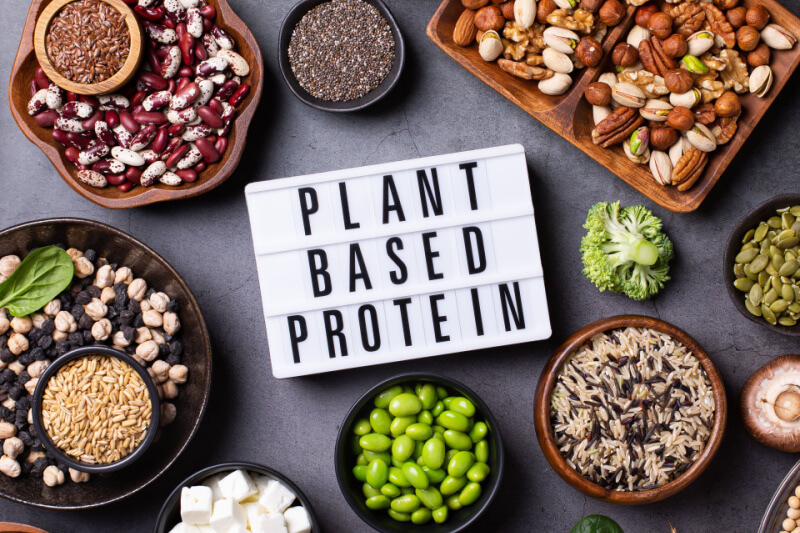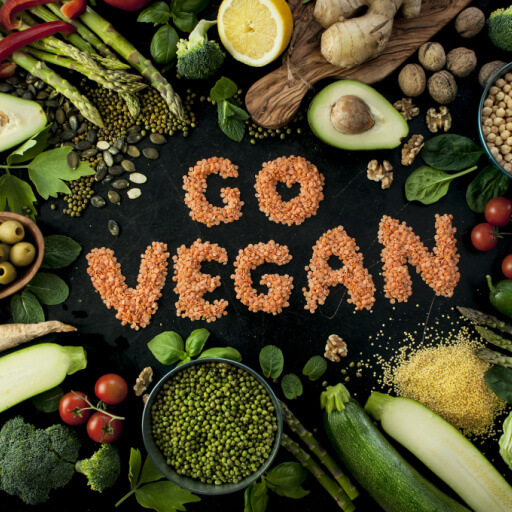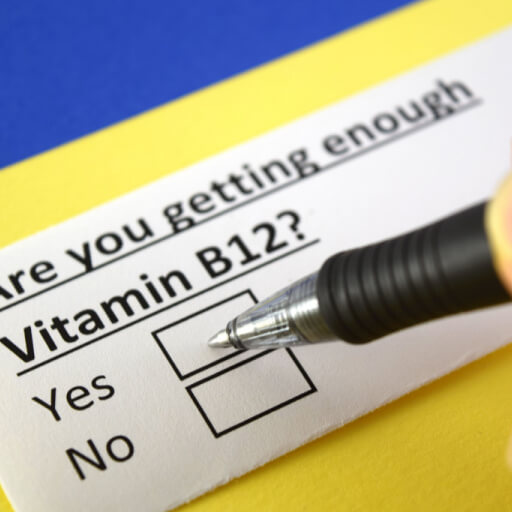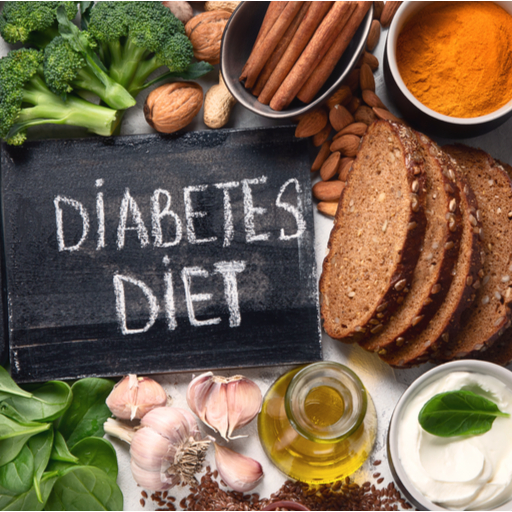World Vegan Day is celebrated every year on the 1st of November to encourage people to adopt a plant-based lifestyle. Veganism has broader implications for environmental sustainability, ethical animal treatment, and holistic health. By reducing our reliance on animal products, we actively contribute to decreased greenhouse gas emissions and reduced strain on natural resources.
इनके बारे में जानें:
वीगन डाइट में क्या शामिल होता है?
 इस डाइट को कई तरहों से समझा जाता है:
इस डाइट को कई तरहों से समझा जाता है:
- A vegetarian diet leans on plant-based products, but they also consume dairy products, including milk, cheese, butter, eggs, and honey.
- एक फ्लेक्सीटेरियन डाइट वह है, जहां लोग अपने मांस का सेवन कम करने की कोशिश करते हैं. वे ज़्यादातर प्लांट बेस्ड डाइट खाते हैं और कभी-कभी पशु उत्पाद भी खाते हैं.
- वीगन डाइट में केवल पौधों व फसलों द्वारा प्राप्त आहार लिया जाता है और जानवरों द्वारा प्राप्त आहार को छोड़ दिया जाता है.
A vegan diet includes consuming food products sourced from plants that do not harm animals. Plant-based foods include those derived from cultivated or wild plant sources, such as fruits, vegetables, legumes, pulses, grains, seeds, herbs, nuts, and spices. It does not include animal products, such as meat, dairy, fish, eggs, or honey.
वीगन डाइट के लाभ
Eating vegan food provides a wide range of vital proteins, vitamins, minerals, and healthy fats. You can draw several health benefits from the well of a vegan diet, including:
Helps in weight management
Vegan diets, rich in fiber from whole plant foods, can lead to feelings of fullness with fewer calories, aiding in वजन मैनजेमेंट. A vegan diet has fewer calories as compared to a nonvegetarian diet. A moderate calorie intake can result in a lower body mass index (BMI) and reduce the risk of obesity.
Diabetes control
A vegan diet features a much lower content of saturated fats and cholesterols (LDL) and reduces the amount of cholesterol absorption in your bloodstream, leading to stable blood sugar and blood pressure levels, allowing you to manage diabetes better.
Reduce risk of heart disease
This diet reduces the risk of heart disease. Animal products, including meat, cheese, and butter, contain saturated fats, which increase cholesterol levels, thus increasing the risk of heart disease and stroke. High intake of fruits, vegetables, and whole grains in vegan diets contributes to better blood pressure regulation, reducing the risk of hypertension.
Sustainable food consumption
On a broader scale, producing plant-based foods is often more economical and easier than raising animals for meat, as it requires less land, water, and food resources. This efficiency can lead to more sustainable food production and lower food prices in the long run.
Improves digestion
The high fiber content in a vegan diet promotes the growth of healthy bacteria in your gut microbiome, which plays a critical role in nutrient absorption, maintaining a strong immune system function, and overall gut health. Vegan diets also lower the risk of developing conditions like diverticulitis (inflammation in the digestive tract) and constipation due to higher fiber intake and beneficial plant compounds like phytosterols.
Improves bone health:
Consuming more plant-based foods can be beneficial for bone health, reducing the risk of osteoporosis. Vegan diets are also rich in vitamins K and C, potassium, and magnesium, which are crucial for maintaining bone strength and flexibility.
Enhances kidney function
A higher intake of fruits, vegetables, and plant-based proteins has been associated with improved kidney filtration functions. It also provides a reasonable amount of proteins, which reduces the risk of certain kidney complications like proteinuria (Excessive protein in the urine) and decreased kidney function.
Improves cognitive function
The abundance of antioxidants, vitamins, and minerals in plant foods can contribute to better brain health, potentially reducing the risk of mood disorders and cognitive deterioration.
Nutrients that are lacking in a vegan diet
 However, do note that a vegan diet removes some essential sources of nutrition from your diet. Thus, plan your meals accordingly to prevent nutritional deficiencies. Here are a few nutrients that may be low in a vegan diet:
However, do note that a vegan diet removes some essential sources of nutrition from your diet. Thus, plan your meals accordingly to prevent nutritional deficiencies. Here are a few nutrients that may be low in a vegan diet:
- Vitamin B-12 protects the nerves and red blood cells, but it is primarily present in animal products. Plant-based sources of this vitamin include nutritional yeast, fortified cereals, and plant milk.
- Vitamin D can protect you against chronic diseases, and it helps strengthen your bones and teeth. Spending time in the sun and consuming vitamin-D-fortified foods can keep you healthy.
- Beans, lentils in soups and salads, and dark leafy vegetables are good sources of iron that promote blood health.
- The three types of omega-3 fatty acids (EPA, DHA, and ALA) are highly beneficial for the functioning of the heart, brain, and eye. Algae oil as a fish oil supplement, seaweeds, walnuts, and flax seeds can enrich your diet.
- Zinc is essential to boost your immune system as it repairs any damage caused to the DNA. Beans, nuts, oats, seeds, and nutritional yeast are rich sources of zinc.
- Calcium is vital for bone health. Chia seeds, almonds, one cup of fortified soy milk, dried figs, tofu, sunflower seeds, sesame seeds, broccoli, and sweet potatoes are many sources of calcium.
Vegan foods offer more than just dietary benefits; they present a holistic approach to health, environment, and ethics. Opting for plant-based choicerens can reduce certain health risks while promoting sustainability and compassion. Whether you are fully transitioning or just exploring vegan meals, each decision supports a healthier body. It is also advisable to consult a nutritionist who can guide you better in your journey to veganism.
Stay tuned to the Activ Living Community. Keep up to date with the latest health tips and trends through expert videos, podcasts, articles, and much more in पोषण, फिटनेस, सचेतन, और लाइफस्टाइल से जुड़ी बीमारियां like Asthma, Blood Pressure, Cholesterol, and Diabetes.
You may also be interested in the following blogs:
Popular Searches
How to lower blood pressure | Fruits good for liver | Unhealthy foods | रागी के लाभ | बेसल मेटाबोलिक रेट | हाई ब्लड प्रेशर के लिए एक्यूप्रेशर पॉइंट्स | Ayurvedic medicine for blood pressure | How to control cholesterol at home | Homeopathy for Asthma | Biological Age | Home remedies for TB | Natural beta blockers | Negative effects of internet | Types of walking | ब्लड प्रेशर कैलकुलेटर | ब्लड शुगर कैलकुलेटर | BMI कैलकुलेटर





 1800-270-7000
1800-270-7000










